OHVs are motor vehicles that are used only off public roads and highways, on lands that are open and accessible to the public. OHVs such as all-terrain vehicles, trail bikes, racing motorcycles, dune buggies, and snowmobiles do not require regular vehicle registration, but they must display an ID plate or placard issued by DMV.
To register your OHV, you will need:
You might also need:
OHVs must be identified as such unless they are registered for on-highway use or are exempt from identification. California Vehicle Code (CVC) §§38006, 38010, 38012, and 38013
For OHV-designated riding areas, see the California State Parks Off-Highway Motor Vehicle Recreation page.
OHVs display a DMV-issued identification (ID). A new ID plate is issued every two years at the time of registration renewal.
Off-highway vehicles are issued either a green or red ID plate depending on their manufacturing date.

OHVs not certified to meet CARB standards have a “3” or “C” in the eighth position of their vehicle ID number.
OHV IDs expire on June 30 of the second calendar year following the original OHV ID. In order to avoid a 50% late fee penalty, renewal fees must be received or mailed and postmarked on or before June 30.
Fees cannot be prorated, even if paid late.
When you pay your renewal fees, you will be issued a new ID certificate (registration card) and ID plate.
Vehicles exempt from OHV ID include, but are not limited to:
 (See CVC §38010 for all OHV ID exemptions.)
(See CVC §38010 for all OHV ID exemptions.)OHV motorcycles used solely in organized racing or competitive events on a closed course such as speedways, racetracks, or defined routes of travel (on- or off-highway) cannot be registered as off-highway vehicles, as closed courses are not available for vehicle access by the general public other than event participants. (CVC §§38014, 38088)
However, racing motorcycles may be issued a permit for a fee that allows transportation to/from course events. The permit is a sticker that must be mounted on the vehicle in a clearly visible location. The permit remains valid until the vehicle is sold or dismantled.
If you do not want to renew your OHV ID, you must file for planned non-operation (PNO) status by completing a Certificate of Non-Operation/Planned Non Operation Certification (REG 102) form and submitting it by June 30, with the PNO fee.
If you do not file for PNO or renew the ID certificate, your account will go into collection, your wages might be garnished levied by a ban.
If your OHV ID is lost or damaged, you must apply for a duplicate certificate of title, ID certificate, or substitute ID plate.
Yes. If you recently bought an OHV, you must be sure to transfer the title. If you sold your OHV, the new owner should complete the title transfer.
To register your new OHV, you will need:
To change to off-highway ID, submit:

To be eligible for on-highway registration, your OHV must be manufactured for both on and off-highway use.
Motorcycles manufactured after 1978 with an engine size of 50 cc or larger must have a label indicating that the vehicle meets CARB emission standards and a manufacturer’s certification for on-highway use.
ATVs do not meet federal standards for on-highway use and cannot be converted.
If your OHV has a red ID plate, it cannot be registered for on-highway use.
Exceptions:
Emission systems cannot be altered to qualify for on-highway registration.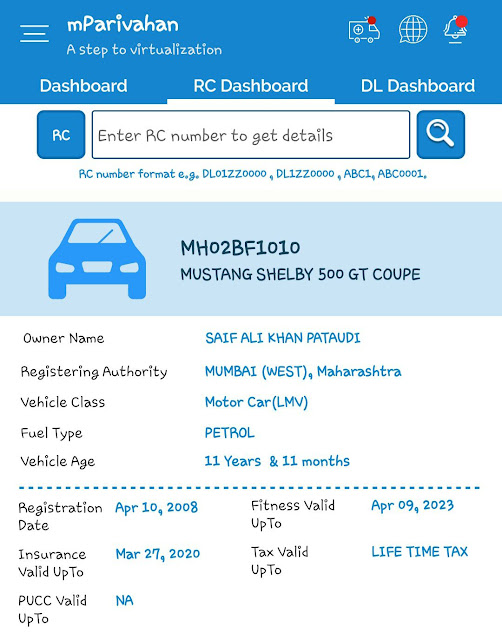 For emission information, see the CARB website at www.arb.ca.gov or call 1-800-242-4450.
For emission information, see the CARB website at www.arb.ca.gov or call 1-800-242-4450.
Review registration fees for on and off-highway vehicles.
View fees
Register your motorcycle for on-highway use.
Register now
Learn more about license and ID plates, decals, and placards.
Browse plates
Attention Snowmobile and ATV customers: DCNR recently transitioned to a new snowmobile and ATV registration system, and we are aware of certain issues that have arisen since this new system has been launched.
Please know that we are working to address these issues and have more detailed information that has been provided on the Dealer, Owner, and Registration sites.
We are sorry for any inconvenience that this has created and will keep you updated of our progress.
_________________________________________________________________
All ATVs in Pennsylvania -- except ATVs used solely for business or agricultural purposes -- need to be registered and titled with DCNR’s Snowmobile/ATV Section.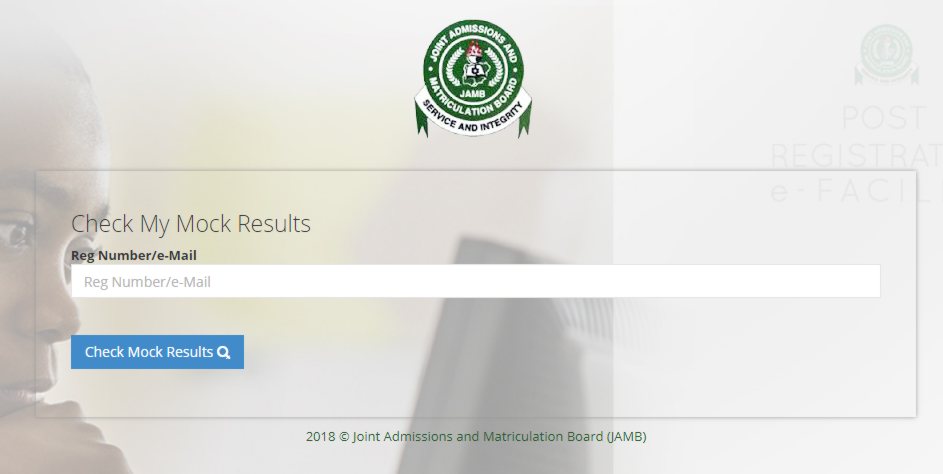 The money from ATV registration is used to:
The money from ATV registration is used to:
In addition, if you plan to ride your ATV on property that is not owned or leased by you, you must carry liability insurance. Proof of that insurance must be carried with you when you ride.
There are no minimum requirements or coverage standards established by DCNR or the Snowmobile/ATV Law for the liability insurance.
The type of registration you need depends on where you plan to ride your ATV:
General Registration -- This registration permits the ATV to be operated off the owner or operator’s private property. The registration fee is $20 for two years. The owner is provided with a registration plate, an expiration sticker, and a Certificate of Registration wallet card.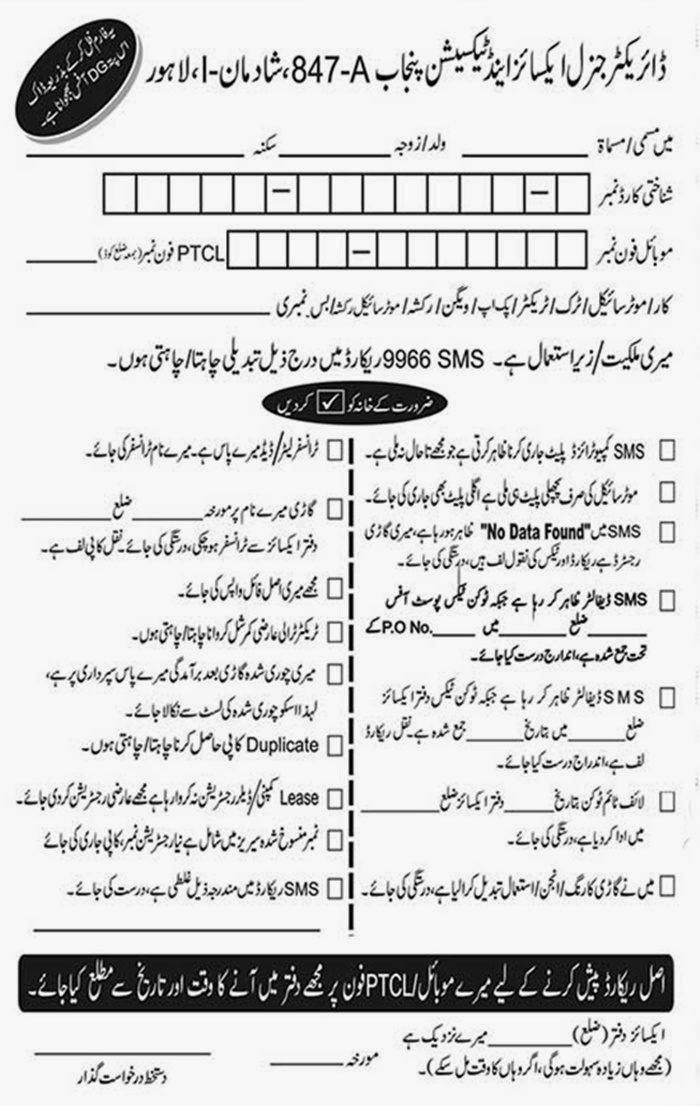
Limited Registration -- This registration is for ATVs used exclusively on the property of the owner. There is no fee and the registration does not expire. The owner is provided with a registration plate and a card, but no expiration sticker.
In Pennsylvania, registration is not required for:
When you register your ATV, you will be issued a registration plate for your vehicle. An expiration sticker to be affixed to the plate will be issued for general registrations. This registration plate shall be securely attached to the upper half of the rear of the ATV. No part of the plate shall be in line with a tire.
This registration plate shall be securely attached to the upper half of the rear of the ATV. No part of the plate shall be in line with a tire.
The information on the plate must be clearly visible from behind the ATV. It is important to clean mud and dirt off your ATV registration plate at frequent intervals so the information on the plate is clearly visible.
The registration sticker must be placed in a bottom corner of the plate.
All ATVs in Pennsylvania must have a title issued by DCNR. The cost of a title is $22.50. The exceptions to this requirement are for:
If you purchase your vehicle at a registered dealer, you will be issued a registration plate with a temporary 45-day registration sticker. The dealer will handle your application for title and registration.
The dealer will handle your application for title and registration.
If you purchase your ATV privately you will need to supply DCNR with:
Applications for registration and titling of ATVs are available from:
The registration and titling application form, along with the registration and titling fees and sales tax statement, must be completed and sent to:
Department of Conservation and Natural Resources
Snowmobile/ATV Registration Section
P.O. Box 8553, Harrisburg, PA 17105-8553
Please contact DCNR’s Snowmobile/ATV Registration Section if you need to:
You must notify the Snowmobile/ATV Section in writing of any change of address within 15 days. Replacement of lost or damaged registration certificates, limited registration certificates, registration decals, registration plates, or expiration stickers is $5.
Replacement of lost or damaged registration certificates, limited registration certificates, registration decals, registration plates, or expiration stickers is $5.
You also can perform these transactions online at the Snowmobile/ATV Vehicle Owner Portal, as well as obtain rider safety and user guides on operating your vehicle safely.
If you are transferring the title of your ATV to a new owner, complete the assignment on the back of the certificate of title and obtain notarization.
The new owner must then apply for a new certificate of title and registration in his/her name. Do not remove the registration decal or plate from the machine.
Registration cannot be transferred from one owner to the next. If you no longer need registration because you have disposed of your vehicle in some way, complete the reverse side of your certificate of registration indicating the disposition status and listing buyer’s name (if applicable), sign, date and return to DCNR within 15 days of disposition.
You may request the remaining months of your current registration be applied to a new registration of another vehicle that you have acquired. The fee for this transaction is $5.
The question of how to check for theft of a scooter, motorcycle, moped or ATV for theft should be of concern to anyone who is going to purchase such vehicles in 2020. In this article we will tell you how to do this and what are the consequences of carelessness when buying.
Contents
A good iron horse can cost no less than a decent foreign car, and sometimes even more. When planning to spend such funds, the buyer must be sure that his purchase is legal and will not bring problems with the law in the future.
When planning to spend such funds, the buyer must be sure that his purchase is legal and will not bring problems with the law in the future.

Attention! All checks are free of charge.
Motorcycle - perhaps the most popular vehicle after the car. Like a car, it has a VIN, which checks the compliance of the engine with a specific vehicle.
You can check for motorcycle theft in all of the above ways. In addition to the official website of Interpol, the site Bikepost ru is also popular. Here, the owners of the stolen bikes themselves leave information about their missing iron horses. Each buyer can use the verification. If the proposed purchase is on the list of losses, then this is at least a reason to take a walk to the traffic police and find out what the true state of affairs is.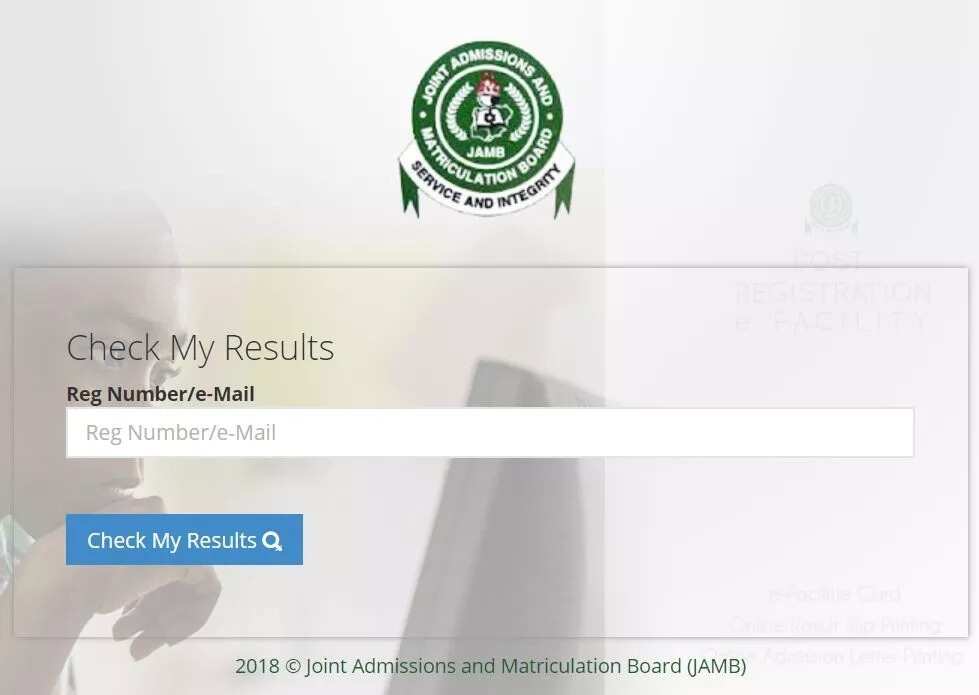 If the seller is against it, then it’s definitely worth reporting to the inspection, and refusing to buy. It is advisable to do the same if the seller prevents you from looking at the VIN number.
If the seller is against it, then it’s definitely worth reporting to the inspection, and refusing to buy. It is advisable to do the same if the seller prevents you from looking at the VIN number.
The situation for scooters is somewhat more complicated than for cars and motorcycles. The fact is that most of them are not subject to state registration.
Only those of them that have an engine capacity of more than 50 cm3 are registered with the traffic police.
Scooters, like motorcycles, have a VIN number. It is located depending on the model:
It is also possible to check the scooter for theft by frame number. Due to the fact that only mopeds that exceed the power threshold are registered, less powerful scooters cannot be checked for theft online. The traffic police inspectorate simply does not have data on them.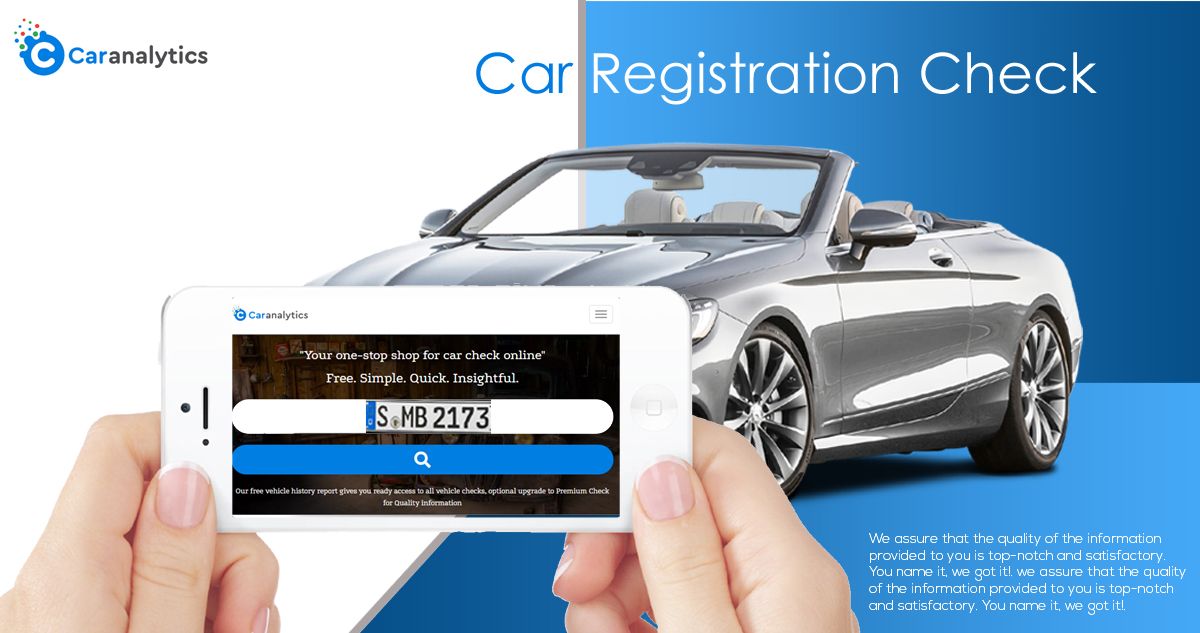 The rest, when hijacked, end up in the traffic police database.
The rest, when hijacked, end up in the traffic police database.
The mopedist can see it personally, or with the help of an inspector at a stationary post or in the traffic police.
Not all ATVs are also registered, but only those with sufficient power. Those that have passed state registration during theft will also be in the traffic police database, like other vehicles. It is enough to visit the inspection or the website of the traffic police.
The situation is somewhat more complicated with those ATVs that were not registered. First you need to ask the seller to provide the entire package of documents, check the wines. It would not be superfluous to show the transport to a specialist, he will not only conduct a certain inspection of its technical condition, but also help to find out that the number was not interrupted, and the purchase did not get into an accident. If there are not enough documents, then it is advisable to refuse the purchase, no matter how tempting the price is.
When checking a registered motor vehicle, you will need:
The consequences of buying a stolen vehicle are unpleasant. Depending on whether the buyer knew about the criminal origin of the motorcycle, he is threatened with either criminal liability. Or long trials in an effort to return what was spent.
If the buyer promised in advance to purchase stolen or hijacked vehicles, then he will be considered an accomplice of the hijacker in the commission of a crime. He will be liable under the relevant article of the Criminal Code of the Russian Federation.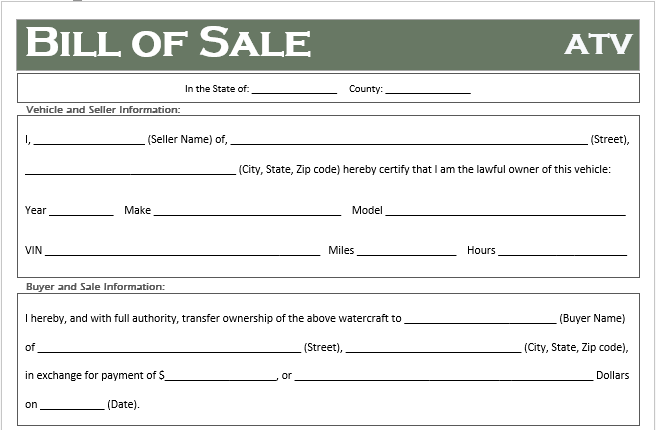
If the buyer was in the dark and according to the Civil Code of the Russian Federation is considered a bona fide purchaser, this will have to be proven in court. At this time, it will not be possible to use the purchased vehicle, it will be seized, and the money will be returned too.
This, in addition to the fact that you still have to become a witness in a criminal case of theft or theft.
Unfortunately, practice shows that it is difficult and rather expensive to prove the good faith of an acquisition. Getting your money back is almost impossible. For this reason, it is worth buying only pre-tested motorcycles and scooters. Moreover, there are now enough ways to check, for this you don’t even need to leave the house.
Contents
Bought a quadric, but don't know whether to register it or not? So you got it right! Now we will analyze what ATV registration is, because it is a necessary event! And also, what determines when the registration of an ATV should take place in different structural divisions, for example, in the state technical supervision and in which cases ATVs, their registration takes place in the traffic police.
By the way, it will be very useful to read:
WE LOOK FORWARD!!!
The number of fans of quads and snowballs and owners of this lucky technique has increased many times over. But most of the owners have nothing to do with it, they bought it and do not think about registering it, not knowing about the need to register their quadra and get a driver's license. But employees in the state technical supervision are not asleep, they arrange operations to catch these "criminals". I will say right away that such operations are far from ineffective. It’s unlikely to get away from punishments, but some manage to hide. The attention of inspectors, most often, is attracted by the lack of license plates and a helmet. After checking the drivers, it turns out that there are also no: certificates, neither those coupons (registration with the relevant authorities), nor technical inspection. In such cases, a protocol is immediately drawn up and, with the assistance of employees of the traffic police , the car is sent to a rather expensive fine parking lot until further clarification of the circumstances. It's better not to make yourself any more trouble. Registering an ATV is not that difficult, but it will take you a lot of time and make you run.
After checking the drivers, it turns out that there are also no: certificates, neither those coupons (registration with the relevant authorities), nor technical inspection. In such cases, a protocol is immediately drawn up and, with the assistance of employees of the traffic police , the car is sent to a rather expensive fine parking lot until further clarification of the circumstances. It's better not to make yourself any more trouble. Registering an ATV is not that difficult, but it will take you a lot of time and make you run.
Be sure to watch, do not miss, an instructive video on the example of snowmobiles, but the requirements for quads are identical
And so, if your equipment is called ATVs registration with the traffic police, if " snow and swamp-going vehicle " and " all-terrain vehicle" , registration of an ATV in the state technical supervision.

I'll explain why. Everything is very simple, the fact is that ATVs, for some reason, are not a self-propelled machine in relation to a snowmobile all-terrain vehicle. And the rights to the "ATV" are needed from the traffic police "cat. B1", and the A1 snowmobile all-terrain vehicle from the agricultural supervision. Registration is not subject to children's quadra with a volume of up to 50 cubic meters.
ATV registration
You will need:
With this list of papers to Gostekhnadzor , at the owner's place of residence. As noted earlier, registering an ATV with the state technical supervision is a long undertaking and it’s not a fact that the numbers will be in your hands the first time.
You come happy to receive numbers, stand in line, and you: "Take the application form and receipt to pay the state duty." In practice, the form cannot be filled out the first time, you mess up somewhere, fill it out incorrectly. But how to pay? The code is the nearest savings bank at the other end of the city))) And so I solved this problem. You come satisfied to the ears, and there is a queue. I stood in line, in my head: “Now come in already!” And then the inspector comes out and says: “We are accepting another person and closing for lunch!”. And You think to yourself ...... You probably guessed what is happening at that moment))). Finally waited for his turn, got a number. Do you think it's over? Does the expression "technical inspection ticket" mean anything? "Get your sign"))) as they say. You also need to pass a technical inspection. This can also kill a few days.
Dear quad enthusiasts, registration and registration of the ATV has a period of 5 days, then a fine is possible. A word of advice: there are motorcycle dealerships where you can immediately register and get an inspection. When using these services, you don’t even have to drive the quad out of the garage, plus a significant time saving.
A word of advice: there are motorcycle dealerships where you can immediately register and get an inspection. When using these services, you don’t even have to drive the quad out of the garage, plus a significant time saving.
I won't talk about saving money, procedure registration of ATV will cost a lot. For people with a fat wallet, it seems to me that this is not a problem, but rather a convenience. It is also not a fact how much you will spend, less is more, doing the activities yourself, if you count the delivery of an ATV, travel costs, state duty, technical inspection. Motorcycle dealerships are already "all inclusive".
It is not necessary to insure quadric , at the request of the owners, if you are not going to go on the road. Rather than “yes”, then you need to insure the ATV. After solving cases with registration, you need to learn how to drive an ATV , because your safety depends on it.
I read on the forums, on various blogs they write that there are no queues during the production and everything takes half an hour, do not believe it.